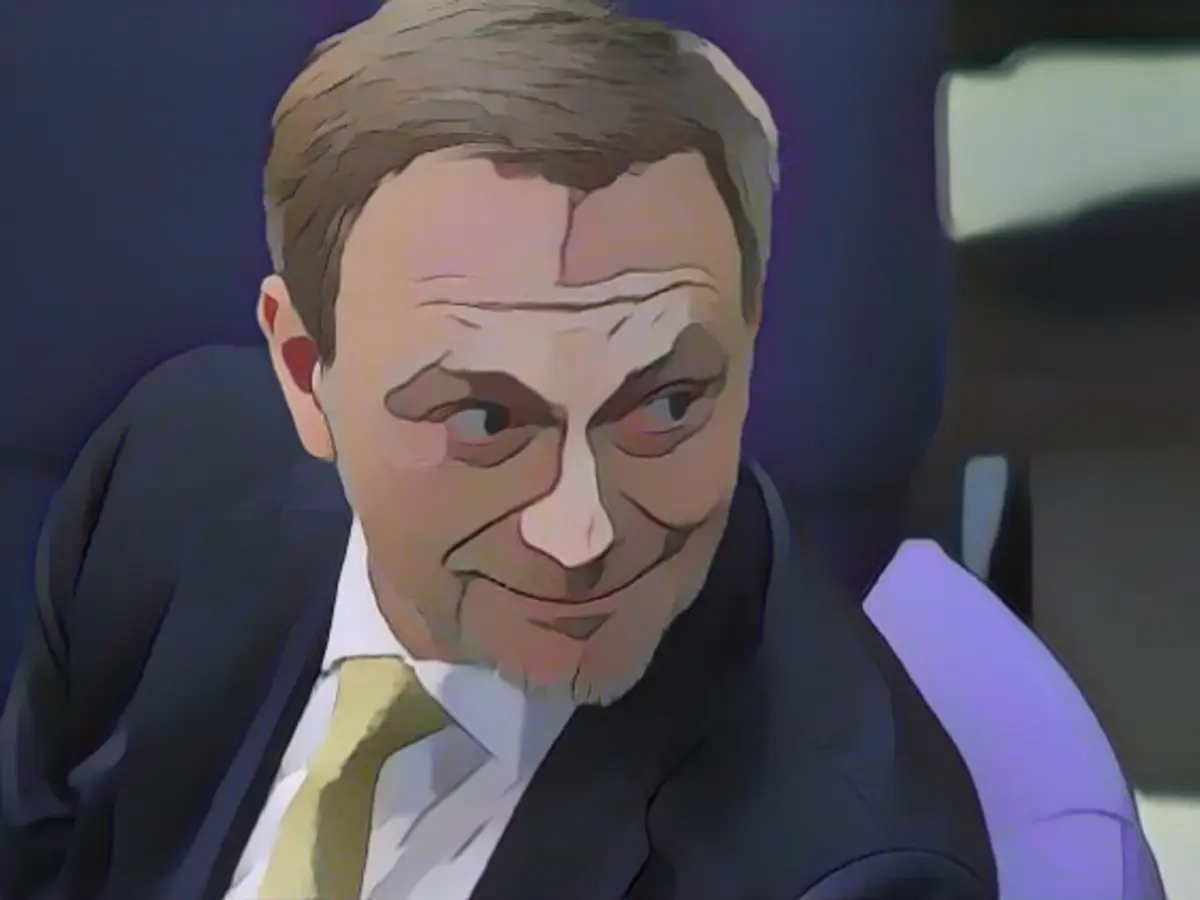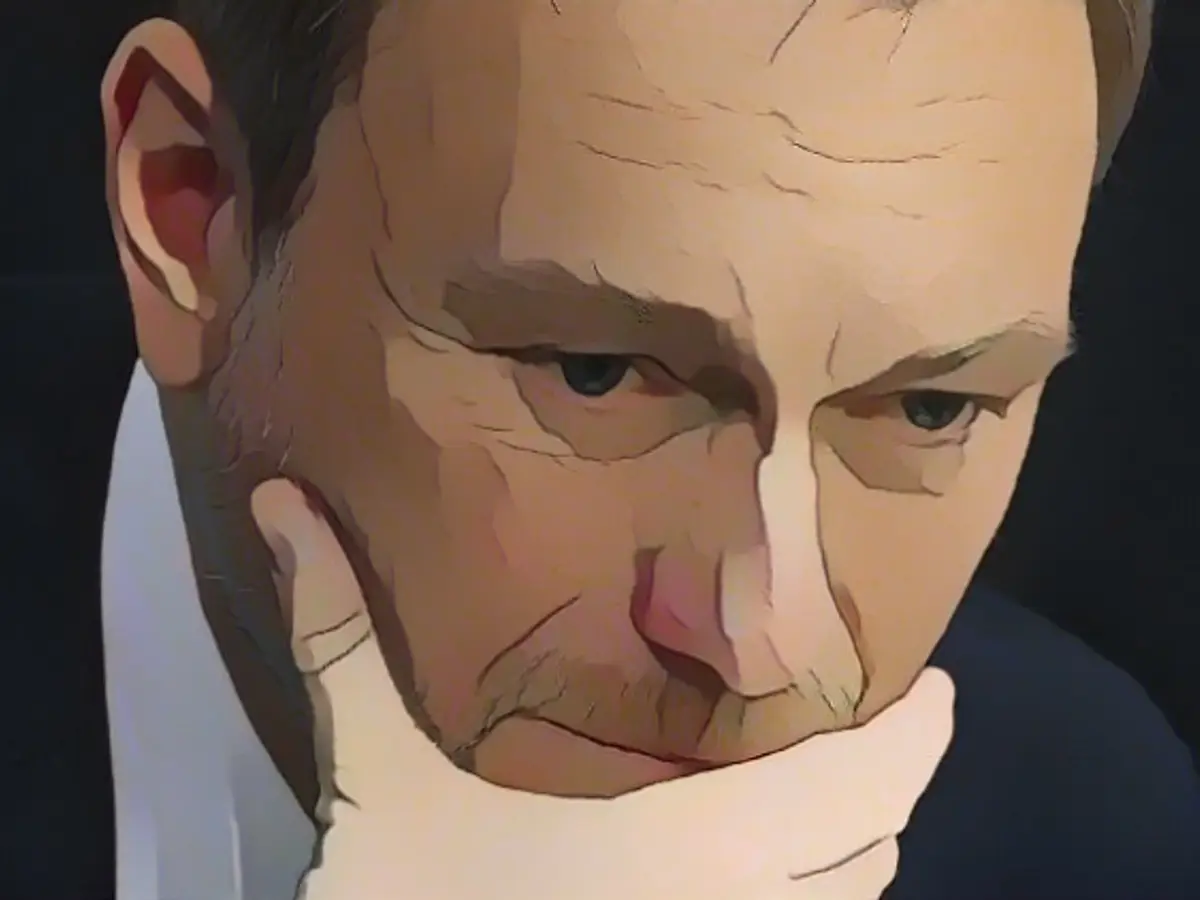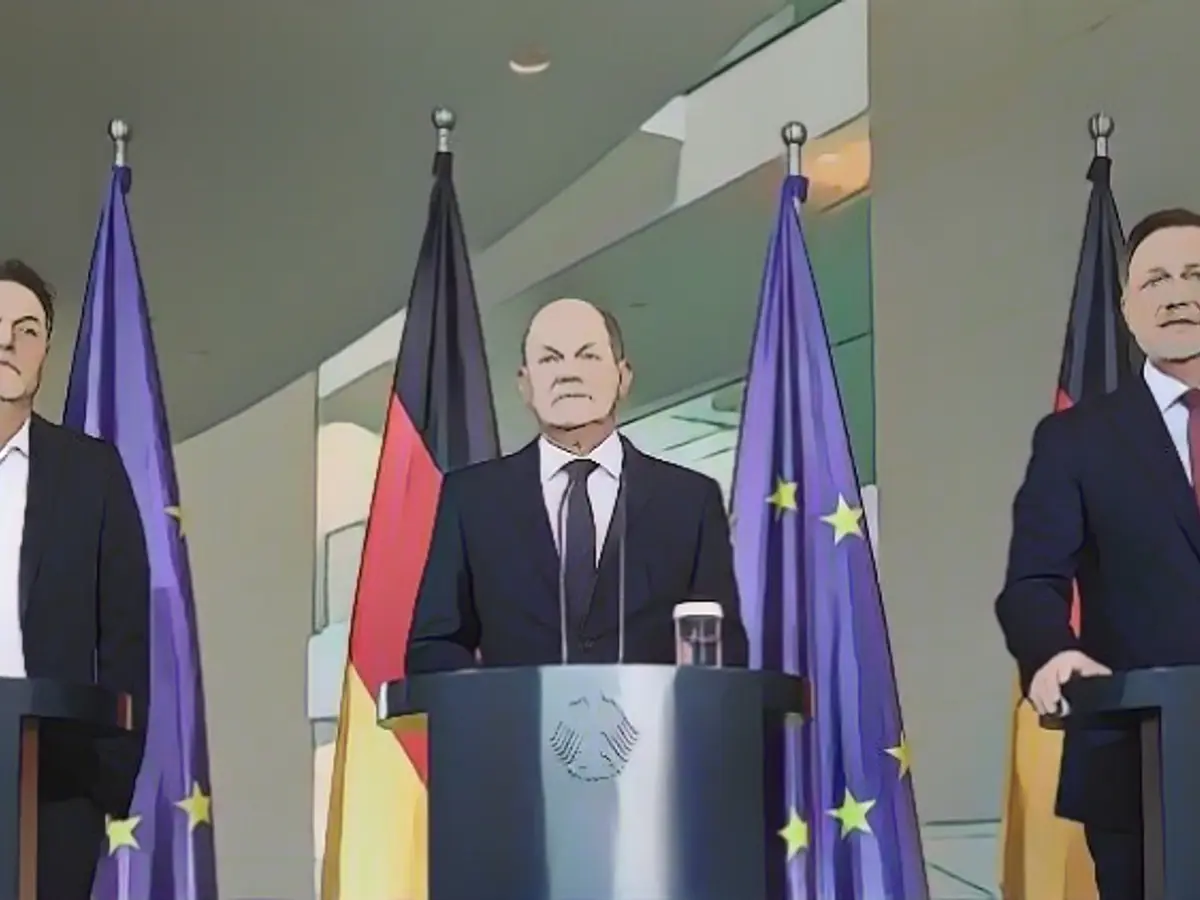Budget Turmoil After Court Ruling
The Federal Constitutional Court's sudden decision to invalidate the federal government's supplementary budget left a significant 60 billion euro hole in the budget. As political leaders grapple with this budget crisis, various proposals for dealing with this financial gap have emerged.
On ARD's "Hart aber fair," SPD General Secretary Kevin Kühnert acknowledged the legal misstep that led to this situation, labeling it as "the most stringent judgment that could have been made." The Greens and SPD were pursuing the goal of supporting companies struggling through two crises while preparing the economy for the future. However, the ruling essentially hands the government a stern warning to manage taxpayer funds more diligently.
The country's economists are trying to make sense of the implications of this substantial budget gap. Jens Südekum, an economist and member of Federal Minister of Economics Habeck's advisory team, admitted his initial surprise at the court's ruling and highlighted how it might make financial policy even more challenging, especially during times of crisis.
CDU politician Serap Güler took a more direct approach, calling for politicians to exercise discipline in distributing tax revenue and advocating for a discussion on priorities. FDP member Linda Teuteberg, on the other hand, expressed a more severe view, stating, "We have to look at every aspect. Nothing is excluded."
Disagreements between political parties persist, as they debate the best strategies for closing the budget gap. While CDU politician Serap Güler wishes to halt planned increases in the citizen's income and basic child protection, the Greens advocate for reduced environmentally harmful subsidies and a continued focus on economic projects.
Linda Teuteberg maintains that spending should be scrutinized across the board, seeking potential savings in social projects altogether. Her stance on the citizen's income reform is more critical, as she believes it should grow less than the income of working people.
Kevin Kühnert, in contrast, pushes for retaining as many social safety net measures as possible to ensure societal cohesion. Together with his party leader, he is proposing reforms to the debt brake, although relaxing its strict provisions remains politically challenging.
Economist Jens Südekum advocates for a refocused debt brake that exempts investment expenditures targeted for the future, thereby allowing the government to take on loans. Half an hour after the broadcast of the court's ruling, the Ministry of Finance indeed imposed a temporary budget freeze.
The court's decision has brought the issue of tight fiscal policy to the forefront of political debates. Enrichment data suggests several possible responses, such as increased VAT, wealth taxes, and alternative financing mechanisms, as well as a refocus on priorities in expenditures and potential negotiations between coalition partners.








